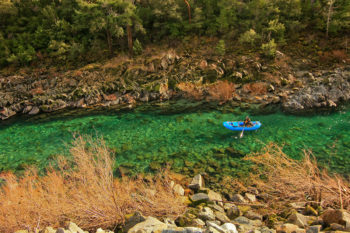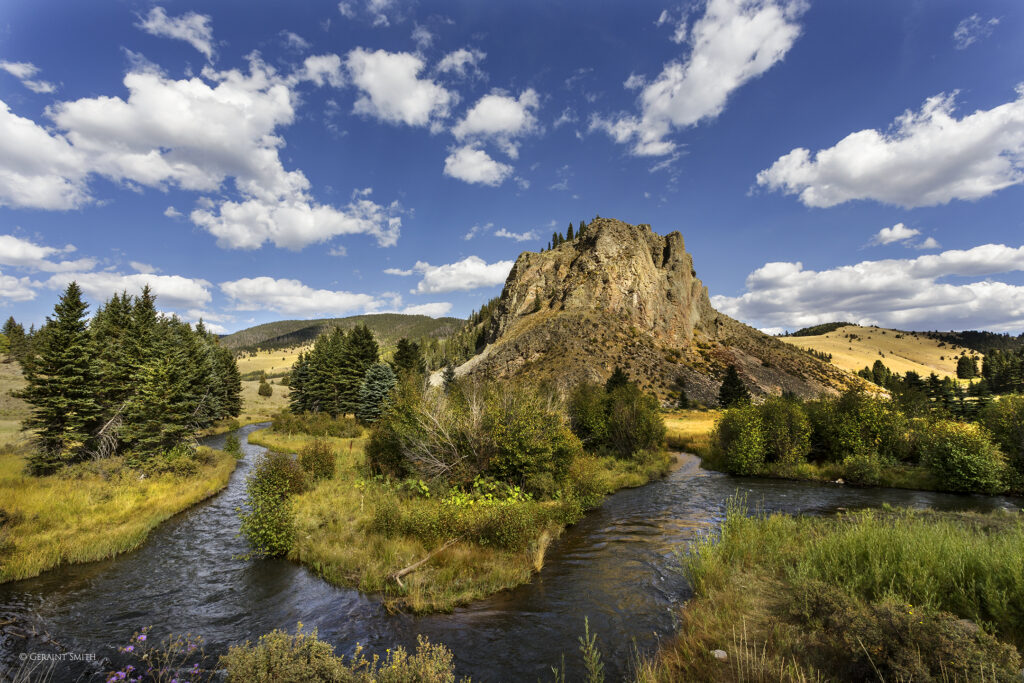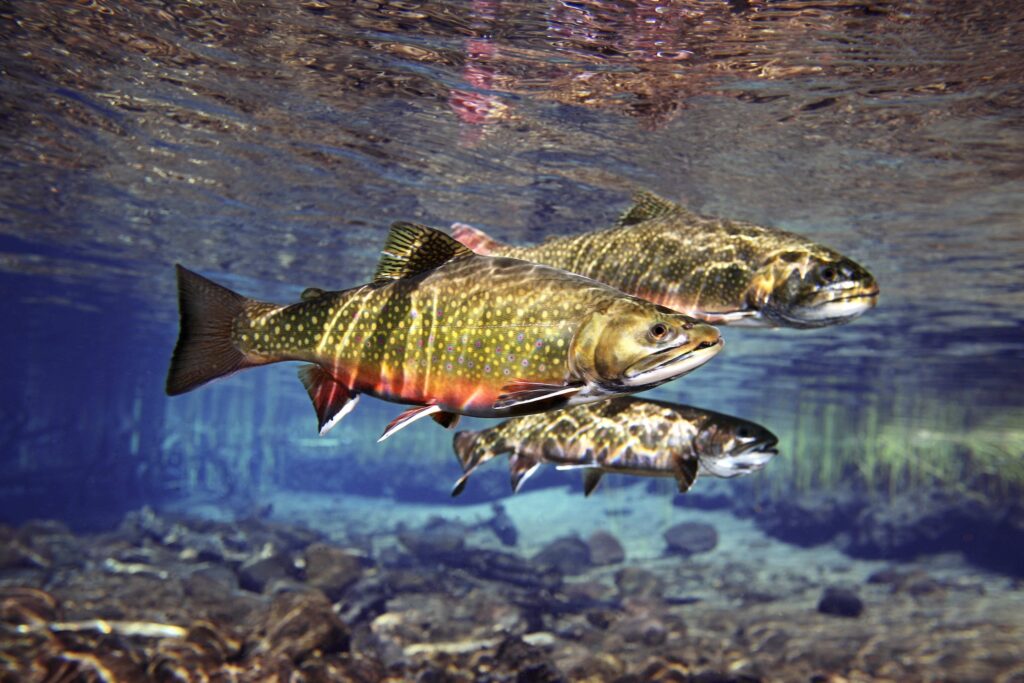Saving a Wild Northwestern Gem
A local resident, Evelyn Cook, talks about why nickel mining would be a bad idea environmentally and economically for the Smith River in Oregon and California.
In this day and age, it doesn’t seem possible that a foreign mining corporation could come to America, take over a vast swath of Oregon wilderness, rip out an entire forest, turn a mountain ridge into an enormous open-pit strip-mine, pollute some of our nation’s last, freely flowing pristine rivers, and destroy untold numbers of cutthroat trout, steelhead and salmon, then leave a hugely expensive mess for taxpayers to clean up once the mine plays out.
But that’s exactly what’s about to happen— if we fail to stop it.

California’s Smith River is known for its incredible water quality, clarity, and pure strains of wild salmon and steelhead.
The Smith River begins its life in the mountains of Oregon and twists and turns through the southwestern part of the state before flowing into northwestern California where it provides the drinking water for not only myself, but also the approximately 30,000 year-around residents, and the thousands of seasonal tourists who visit this remote county in which I live—Del Norte—the north-westernmost county in California, 350 miles north of San Francisco.
The Smith is one of the most beautiful rivers you’ll ever see. After it enters California, it meanders through the towering, ancient, cathedral-like groves of Redwoods National and State Parks. It cuts through deep gorges and canyons, and roars over rocky chutes. When it’s swollen by winter storms and snow-melt, it produces world-class whitewater for rafters and kayakers. The bedrock that forms its various channels is a type of green-tinted serpentine that makes the river’s crystal-clear water appear to be a flawless, transparent, other-worldly emerald hue.
Because it flows through the redwoods and always moves swiftly due to continuous drops in elevation as it rushes from the mountains to the sea, unhindered by dams, there’s almost no runoff or sediment to make it cloudy or to settle on its rocky bed. It’s so clear, you can easily see rocks and gravel on the bottom, even in the deepest holes. In late summer, when the current slows and water levels drop, you can watch trout, steelhead and salmon swim leisurely by. Eventually, the offspring of those salmon and steelhead will return to the sea where they’ll play an important yet declining role in Del Norte County’s commercial and sport-fishing industries.
Del Norte is one of California’s poorest counties. It needs all the economic help it can get, and certainly does not need a mining corporation poisoning the streams that provide an already-diminishing supply of fish to its struggling fishing industry. Besides, the beauty and recreational value of the Smith River wending its way through the redwoods draws visitors from all over the world, and when they stay in our local lodgings and eat in our local restaurants, their drinking water comes from the Smith River. It’s not just local residents who’ll be drinking arsenic-laced tap water if nickel mining is permitted in southwestern Oregon. And tourists can decide to vacation elsewhere, further eroding our already precarious local economy.
What You Can Do
We must put a stop to this outrageous despoiling of our last, best, wild places. Please lend your support to the fight to save our undammed, pristine rivers.



